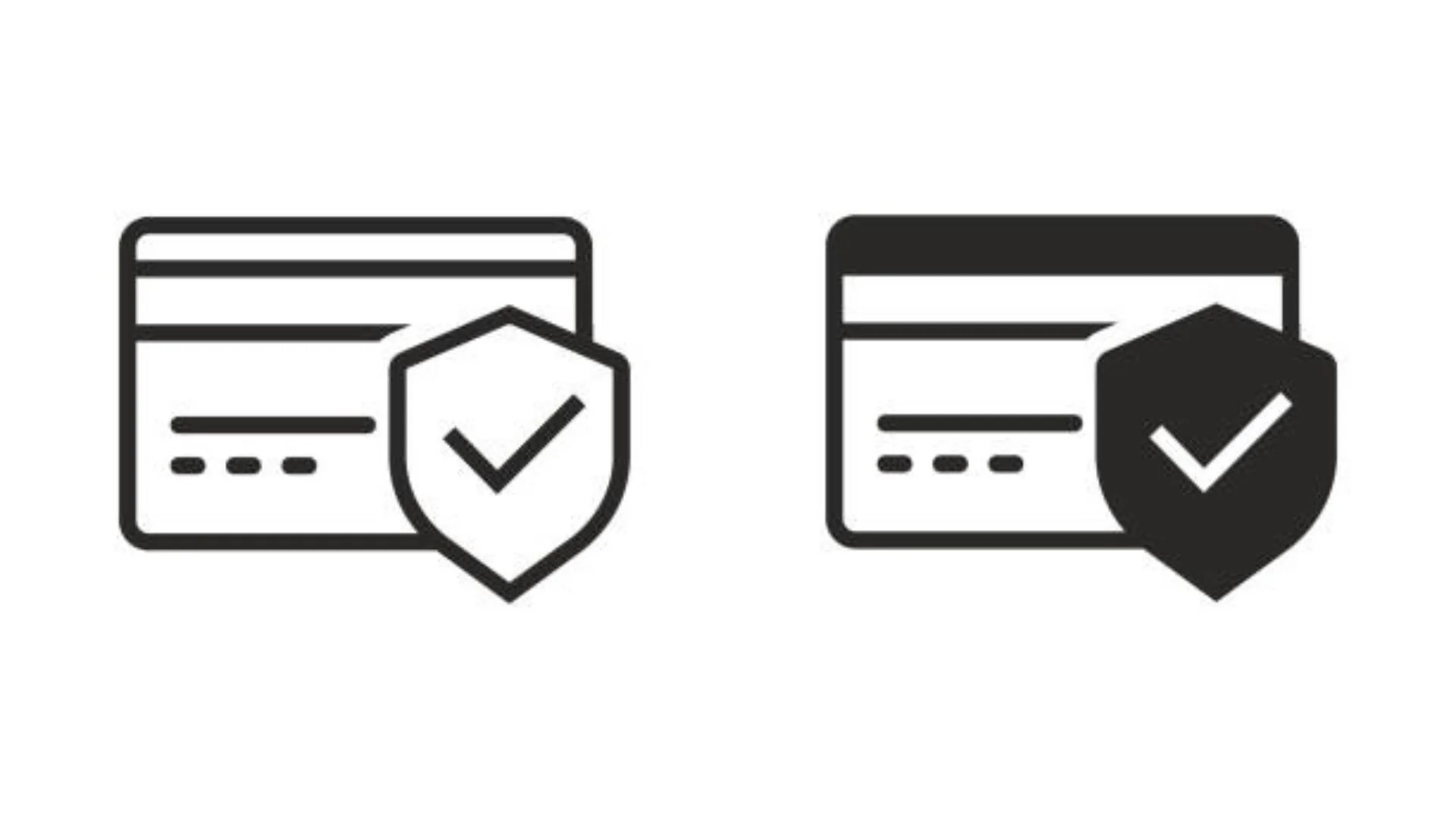In the rapidly evolving world of cryptocurrency, the potential for fraud has become a growing concern for investors and regulators alike. One particular cryptocurrency, ICON – Fraud Check
ICON (ICX), has found itself at the center of several high-profile fraud allegations, prompting a closer examination of the challenges and risks associated with this decentralized financial ecosystem.
ICON, a South Korean blockchain platform,
has been hailed as a groundbreaking project in the cryptocurrency space,
aiming to create a “hyperconnected world” by facilitating interoperability between different blockchain networks.ICON – Fraud Check
However, the platform’s complex structure and the decentralized nature of cryptocurrency have made it a target for malicious actors seeking to exploit vulnerabilities for personal gain.
The ICON Fraud Allegations
The ICON project has been the subject of several fraud allegations over the past few years.
One of the most prominent cases involved the arrest of a group of individuals accused of manipulating the ICON cryptocurrency market through a coordinated “pump-and-dump” scheme.
This scheme involved artificially inflating the price of ICON tokens through coordinated buying activity, followed by a sudden sell-off, resulting in significant losses for unsuspecting investors.
In another incident,
ICON was embroiled in a controversy surrounding
the distribution of its ICO (Initial Coin Offering) tokens.
Some investors claimed that they did not receive the full allocation of tokens they had purchased, raising concerns about the transparency and fairness of the token distribution process.
These fraud allegations have had a significant impact on the ICON project,
with the cryptocurrency’s value fluctuating widely and investors questioning the platform’s legitimacy.
The ICON team has responded by implementing various measures to address these concerns, including enhanced security protocols, improved transparency, and better communication with the community.
The Challenges of Cryptocurrency Fraud
The challenges of addressing cryptocurrency fraud are multifaceted and complex.
The decentralized nature of blockchain technology,
which is a core tenet of cryptocurrencies like ICON, can make it difficult to identify and hold accountable those responsible for fraudulent activities.
One of the primary challenges is the anonymity that cryptocurrencies can provide.
Transactions on the blockchain are pseudonymous,
meaning that wallet addresses are not directly linked to individual identities.
This anonymity can make it challenging for law enforcement and regulatory bodies to trace and investigate fraudulent activities.
Additionally, the cross-border nature of cryptocurrencies adds another layer of complexity to fraud investigations. Cryptocurrency transactions can span multiple jurisdictions,
requiring international cooperation and coordination among regulatory agencies to effectively address fraud cases.
Another issue is the lack of a centralized authority or governing body in the cryptocurrency ecosystem. Unlike traditional financial systems,
where regulatory agencies and financial institutions play a key role in oversight and fraud prevention, the decentralized nature of cryptocurrencies means that there is no single entity responsible for policing the system.
Addressing Cryptocurrency Fraud
To combat the growing problem of cryptocurrency fraud,
a multifaceted approach is required.
This involves collaboration between regulatory authorities, cryptocurrency platforms, and the broader community of investors and users.
One of the primary steps in addressing cryptocurrency fraud is the implementation of robust know-your-customer (KYC) and anti-money laundering (AML) protocols.
By verifying the identities of users and monitoring transactions for suspicious activity, cryptocurrency platforms can help to mitigate the risk of fraudulent activities.
In addition, regulatory bodies have a crucial role to play in establishing clear guidelines and legal frameworks for the cryptocurrency industry.ICON – Fraud Check
Another important aspect of addressing cryptocurrency fraud is the education and empowerment of investors.
The Future of ICON and Cryptocurrency Fraud
As the ICON project and the broader cryptocurrency ecosystem continue to evolve,
the challenge of addressing fraud will remain a pressing concern.
The ICON team has taken steps to address the fraud allegations,
including implementing enhanced security protocols and improving transparency.
However, the complex and decentralized nature of cryptocurrencies means that the fight against fraud will be an ongoing battle. Regulatory authorities, cryptocurrency platforms,
and the community of investors and users will need to work together to develop comprehensive solutions that can effectively identify,
prevent, and mitigate the impact of fraudulent activities.

Conclusion
The ICON fraud allegations highlight the broader challenges facing the cryptocurrency industry in combating fraud. The decentralized nature of blockchain technology,
the anonymity of cryptocurrency transactions, and the lack of a centralized authority make it a fertile ground for malicious actors seeking to exploit vulnerabilities for personal gain.
By implementing robust KYC and AML protocols,
establishing clear legal frameworks, and educating investors,
the cryptocurrency industry can work to build a more secure and trustworthy ecosystem.
As the ICON project and the broader cryptocurrency landscape continue to evolve,
the fight against fraud will remain a critical priority.
The successful navigation of these challenges will be crucial in determining the long-term viability and adoption of cryptocurrencies as a viable financial alternative.

